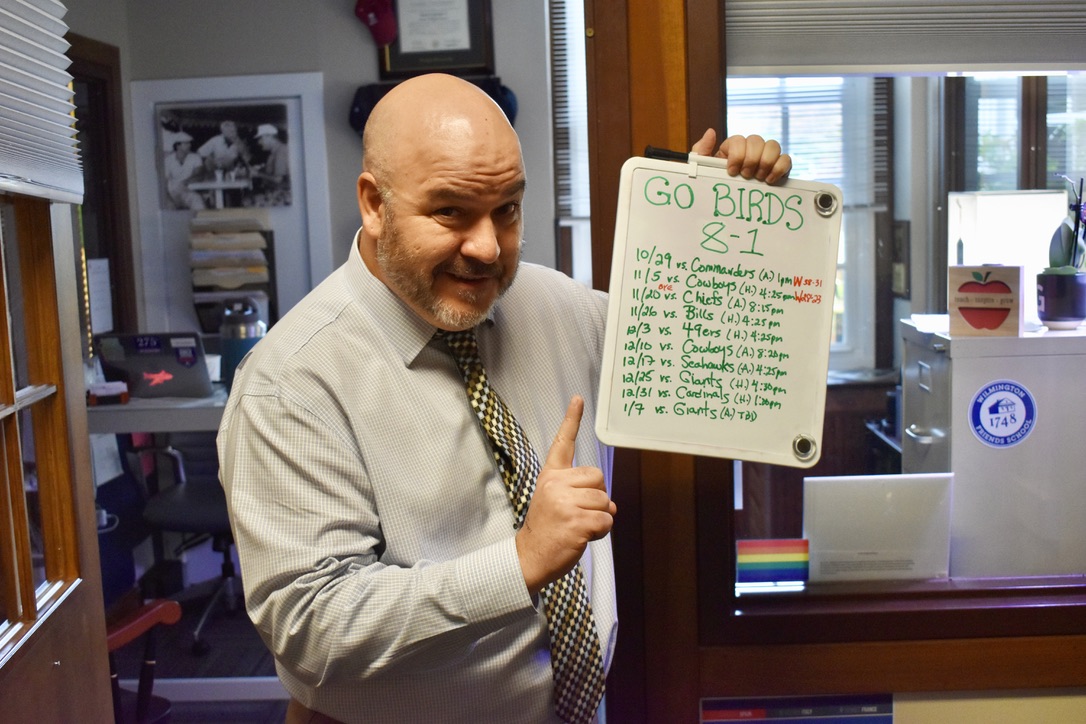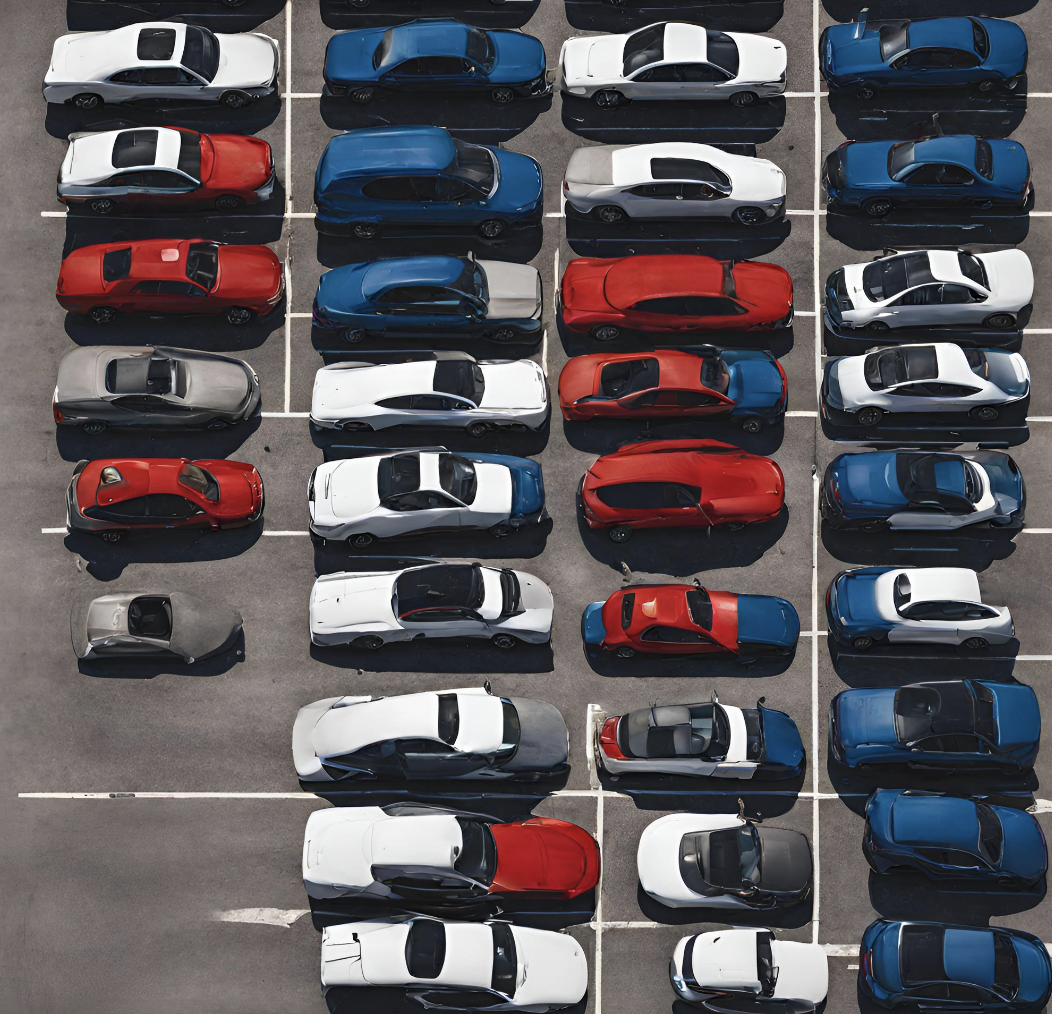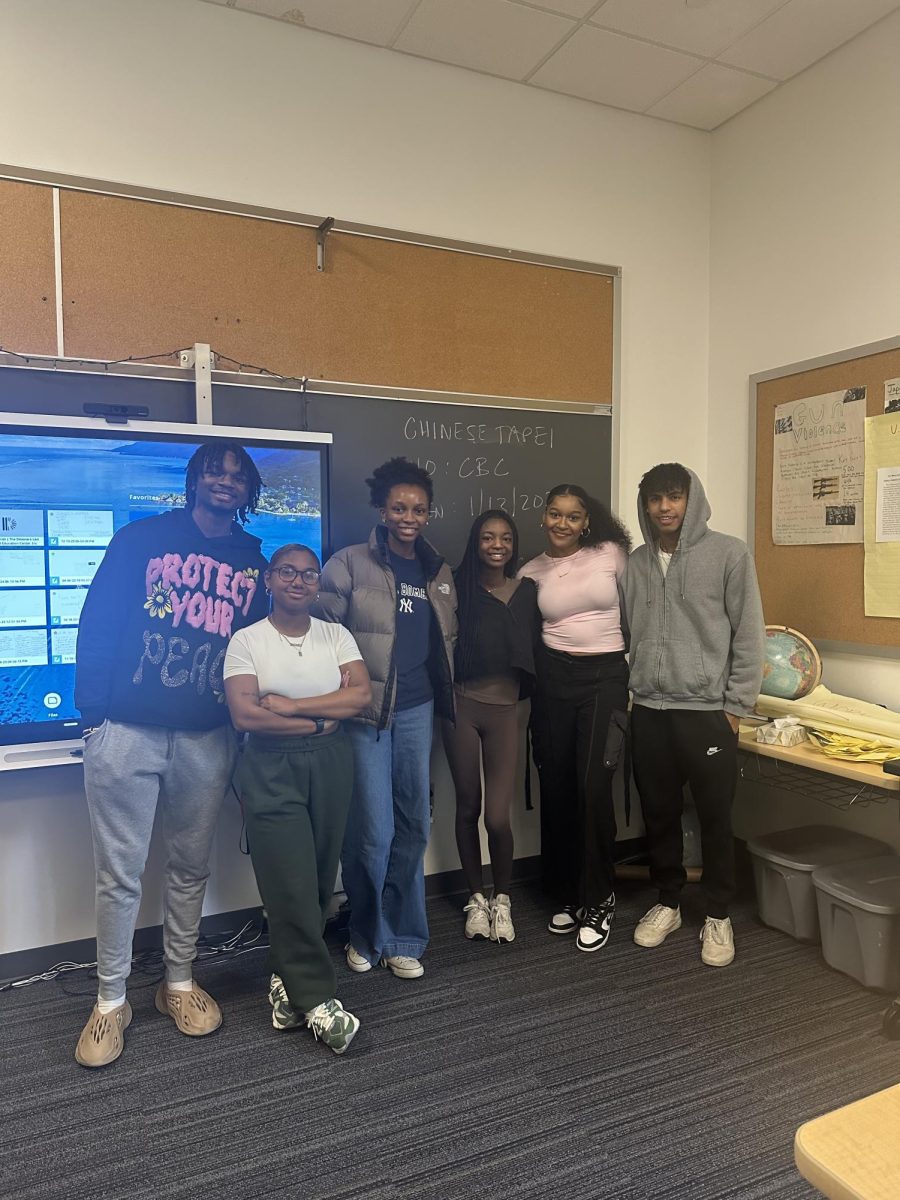2023 was the hottest year on record, according to the National Oceanic and Atmospheric Administration (NOAA). Not the hottest of the last ten years, nor the last 50. In the NOAA’s 170+ year span of recording global temperatures, not one year before has come close to the staggering 2.43 degrees F (1.35 degrees C) above pre-industrial average levels. While the 2015 Paris Climate Agreement, the leading global resolution to combat climate change, says the worst consequences will only hit once global temperatures reach 1.50 degrees C above pre industrial levels (a point we’re only 0.15 C away from). The fact of the matter is that 1.35 C is still bad. Historically, devastatingly, record-shatteringly bad. For everyone, but some groups more than others.
At the global level, the countries bearing the brunt of this sweltering heat are developing ones, countries not as well equipped to deal with heat waves that top 113 degrees Fahrenheit (like what happened in Thailand). In 2022, Thailand, a developing country, contributed 248 million tons of CO2 to the atmosphere. In 2021, the United States contributed 6,340 million tons of CO2 but was not hit with nearly the same heat levels. Unfair? Probably. But it’s not like the Earth cares. This disparity isn’t limited to Thailand though. Due to these heat-disrupting weather patterns, there have been instances of record flooding in Libya leaving 4,300 dead. Cyclones in Malawi resulted in 1,000 people dead, and record wildfires scorched 270,000 hectares of land in Chile. Each of these catastrophic events has seemingly become “just news” according to Drew Huneycutt ‘24. He says, “Maybe it’s because of us being so far separated from where these events have happened, but I haven’t really even heard of most of these events.” While that may be the case, climate change is not just a far-away reality.
Here in Delaware, temperatures in June 2023 hit a record 97 degrees Fahrenheit, not even accommodating outside factors like humidity. While this temperature doesn’t come close to that of Thailand, doctors still believe that temperatures above 95 Fahrenheit can be dangerous to the human body. Even in Delaware, reflecting the global trends, not all temperatures are distributed equally. Urban hubs, like Wilmington, trap heat in a system called a “heat island”. Green spaces – areas with trees and other open spaces like parks – serve to diminish heat in a given area, while concrete and pavement trap heat. This effect is particularly disastrous, particularly in densely populated areas, typically areas under the poverty line. This effect can result in higher temperatures of 1-7 degrees Fahrenheit, putting the previously mentioned Delaware June 2023 heat wave well over 100 degrees.
Sometime in the next 10 years, this 2023 record-breaking heat will be broken by another, even hotter year. This process will repeat, year after year, unless our CO2 emissions are changed. In the meantime, let’s change how we build our cities to allow everyone access to life-sustaining temperatures.



























